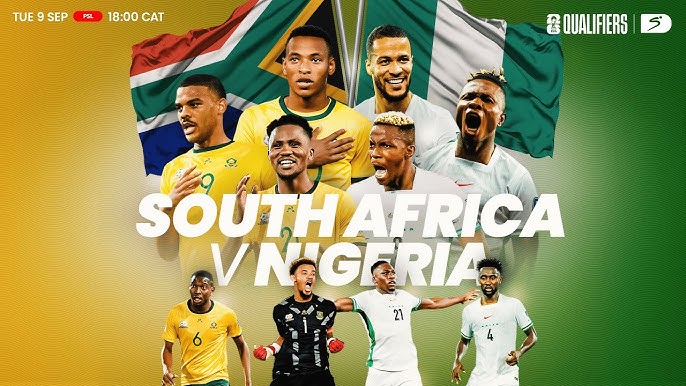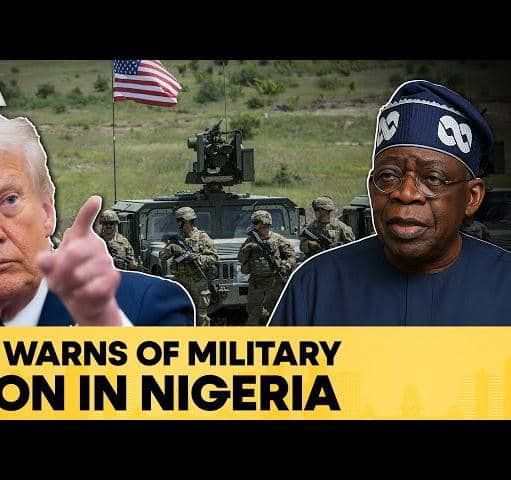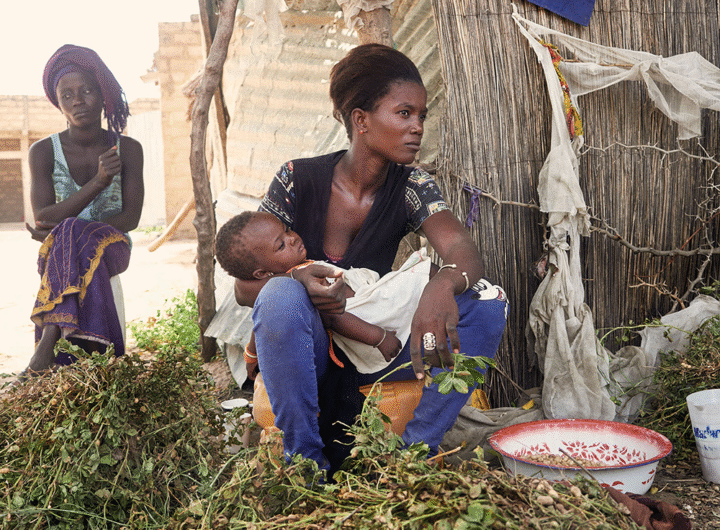
By Valentine Uchechukwu Ndukwu
Africa’s World Cup Woes: Why Nigeria and South Africa’s 2026 Drama Exposes a Deeper Rot
Once again, Africa’s World Cup dream is being held hostage, not by lack of talent, but by mismanagement and distraction.

As Nigeria and South Africa wrestle for a ticket to the 2026 World Cup, their current predicament feels less like a football rivalry and more like a mirror of African football’s chronic dysfunction.
On paper, both nations should be powerhouses: Nigeria, a three-time African champion with global stars like Victor Osimhen and Ademola Lookman; South Africa, a former World Cup host with infrastructure the rest of the continent envies.
Yet, as the final qualifying games approach, both teams are fighting battles that have little to do with footballing skill and everything to do with leadership failures.
When FIFA docked South Africa three points for fielding Teboho Mokoena while he was suspended, it was more than an administrative blunder, it was an embarrassment.
How does a federation with full-time staff and digital tracking systems miss a basic suspension rule?
And worse still, why did it take seven months for FIFA to announce the decision, after the team had already moved on to new matches?
This isn’t just a South African problem; it’s a continental epidemic. From CAF’s scheduling controversies to national federations riddled with internal politics, African football too often undermines its own progress.
Decisions come late, appeals drag endlessly, and players pay the price for mistakes made in offices thousands of kilometres away.
The sad irony is that Africa’s footballers keep proving themselves, while administrators keep proving unreliable.

Nigeria’s new coach, Eric Chelle, was right to warn his squad to “forget the permutations” and focus on beating Lesotho. But that statement also captures a quiet frustration that the Super Eagles now find themselves calculating other teams’ results instead of simply playing their way to qualification.
This is a team that reached the AFCON 2024 final, falling narrowly to Côte d’Ivoire. With the same hunger and unity, Nigeria should have cruised through these qualifiers. Instead, inconsistency and off-pitch distractions have crept in: from late call-ups to poor finishing and public pressure from fans expecting dominance.
The Super Eagles must now do what great teams do, shut out the noise, win their remaining matches, and qualify on merit.
Anything less, and it becomes another case of potential wasted by disorganization and misplaced priorities.
The Nigeria–South Africa saga is not merely about Group C or 2026 qualification. It’s about how Africa continues to trip itself up just when global respect is within reach.
Administrative carelessness, delayed justice, and federations that react instead of plan, these are the real opponents. It’s easy to blame FIFA’s bureaucracy, but African football must first fix its own house. Until federations learn that professionalism is as important as performance, we will keep watching talented players miss out on tournaments for reasons that have nothing to do with the game itself.
Whether Nigeria triumphs or South Africa claws back its points, this episode should serve as a reset button for African football governance. The continent’s players have given too much to be failed by paperwork.
Football, after all, is not just about goals; it’s about credibility. And for Africa, credibility starts with competence.



 When Authority Clashes Respect Shatters and Nigeria’s Military and Politicians Stand at a Crossroads
When Authority Clashes Respect Shatters and Nigeria’s Military and Politicians Stand at a Crossroads  FAAN inter-departmental sports tournament promotes Nigeria’s aviation excellence — Kuku
FAAN inter-departmental sports tournament promotes Nigeria’s aviation excellence — Kuku  Ghana’s Football Icons Chart Fresh Paths Beyond the Game
Ghana’s Football Icons Chart Fresh Paths Beyond the Game  Nigeria’s Bleeding Cross Reveals the Pain Behind Trump’s Warning on Our Security
Nigeria’s Bleeding Cross Reveals the Pain Behind Trump’s Warning on Our Security  Postpartum Psychosis: The Hidden Battle African Mothers Should Not Fight Alone
Postpartum Psychosis: The Hidden Battle African Mothers Should Not Fight Alone  Ronaldo Hits 950 Career Goals, Edges Closer to Football Immortality
Ronaldo Hits 950 Career Goals, Edges Closer to Football Immortality  House committee praises FAAN for fostering safety culture
House committee praises FAAN for fostering safety culture  Hichilema’s Visit to Harare Signals Renewed Zimbabwe–Zambia Cooperation
Hichilema’s Visit to Harare Signals Renewed Zimbabwe–Zambia Cooperation  TODAY IN HISTORY – 14th Nov, 2025 – Africa World News
TODAY IN HISTORY – 14th Nov, 2025 – Africa World News  South Africa Admits 153 Palestinian Refugees After Initial Entry Delay
South Africa Admits 153 Palestinian Refugees After Initial Entry Delay